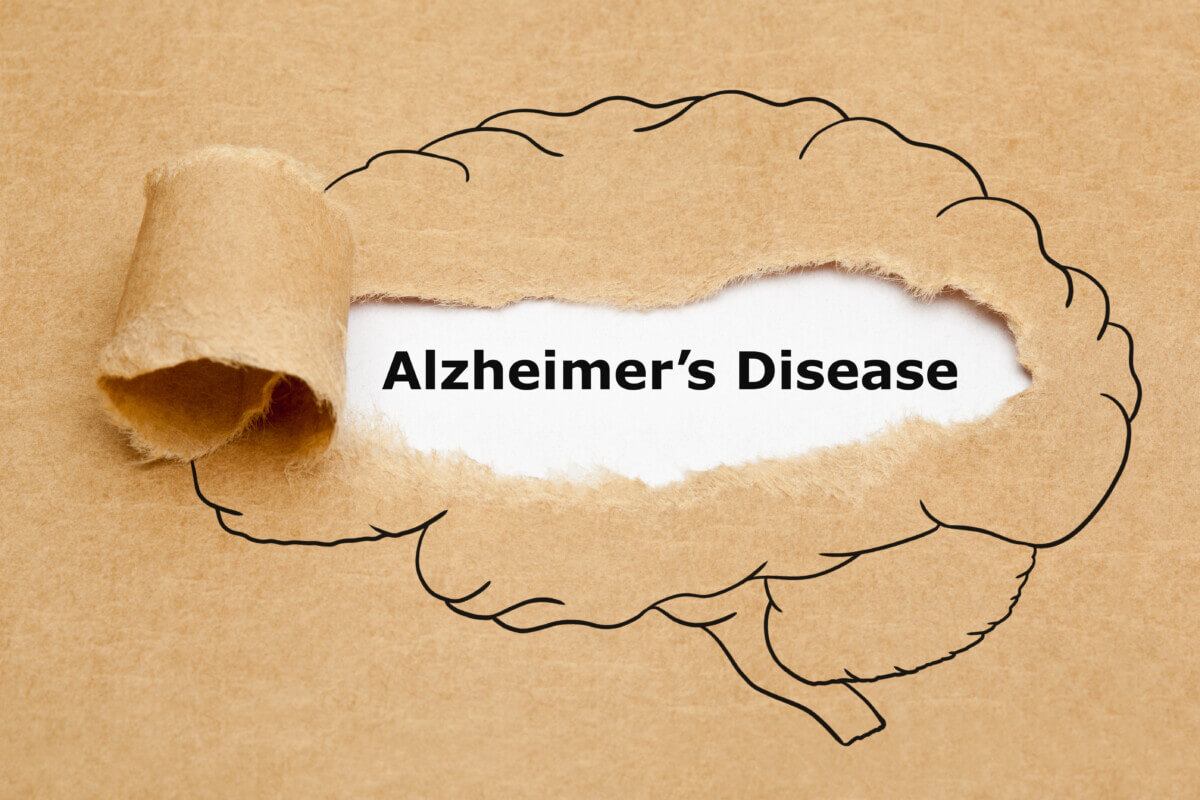
(© Ivelin Radkov - stock.adobe.com)
SILVER SPRING, Md. — On Jan. 6, 2023, modern medicine took a major step forward, as the U.S. Food and Drug Administration approved Leqembi for use in patients dealing with Alzheimer's disease. FDA officials green lit the drug as part of the agency's Accelerated Approval pathway — a process that gets potential treatments for incurable diseases to the public faster.
“Alzheimer’s disease immeasurably incapacitates the lives of those who suffer from it and has devastating effects on their loved ones,” says Billy Dunn, M.D., director of the Office of Neuroscience in the FDA’s Center for Drug Evaluation and Research, in a media release. “This treatment option is the latest therapy to target and affect the underlying disease process of Alzheimer’s, instead of only treating the symptoms of the disease.”
What is Leqembi?
Leqembi (lecanemab-irmb) is a product of pharmaceutical company Eisai R&D Management Co., Ltd. — who received the FDA Accelerated Approval grant. The drug is the second in a new category of medications approved for treating Alzheimer's disease.
Leqembi targets the fundamental pathophysiology of the disease, reducing the amount of amyloid beta plaque patients have. In a double-blind, placebo-controlled, parallel-group, dose-finding study of 856 patients with Alzheimer’s disease, the drug successfully reduced amyloid beta plaque levels. In comparison to a group of patients taking a placebo over the 79-week trial, Alzheimer's patients taking Leqembi had “a statistically significant reduction in brain amyloid plaque.”
What is Alzheimer's disease?
Alzheimer’s is the most common form of dementia, affecting more than 6.5 million Americans. The disease slowly destroys memory and thinking skills, before eventually robbing patients of their ability to complete simple tasks.
Although scientists still don't completely understand what causes Alzheimer's, amyloid beta plaques and neurofibrillary (or tau) tangles in the brain are some of the hallmarks of the disease. These blockages in the brain lead to disruptions in the communication between neurons (brain cells), which leads to confusion and cognitive decline.
What is the Accelerated Approval Program?
The FDA's Accelerated Approval pathway allows the agency to grant special approval for drugs that treat serious conditions which have an “unmet medical need.” These drugs need to show that they have a positive effect on a “surrogate endpoint” — creating a reasonable belief that the drug will provide a benefit to patients.
In Leqembi's case, the FDA notes that they will likely receive the full results of the new drug's Phase 3 clinical trial soon.
Who should take Leqembi?
According to the clinical trial, Leqembi effectively treats patients dealing with “mild cognitive impairment or mild dementia stage of disease.” There are currently no study results for patients dealing with early-onset Alzheimer's or those with the later stages of the disease.
For those who fit the criteria, the FDA notes that patients in the trial took a 10-milligram/kilogram dose of lecanemab every two weeks.
Are there any side-effects from taking Leqembi?
The clinical trial found that the most common side-effects were infusion-related reactions, headaches, and ARIA. Infusion-related reactions included flu-like symptoms, nausea, vomiting, and changes in blood pressure.
ARIA, or amyloid-related imaging abnormalities, can sometimes occur while using antibodies in this class of drug. Although the condition does not typically have any symptoms, patients can develop serious and life-threatening events in rare cases. These include swelling of the brain and bleeding on the surface of the brain. Other patients may experience symptoms such as headache, confusion, dizziness, vision changes, nausea, and seizure.











There were some deaths reported as well as bleeding in the brain. There was no FDA advisory panel convened on this drug as well.